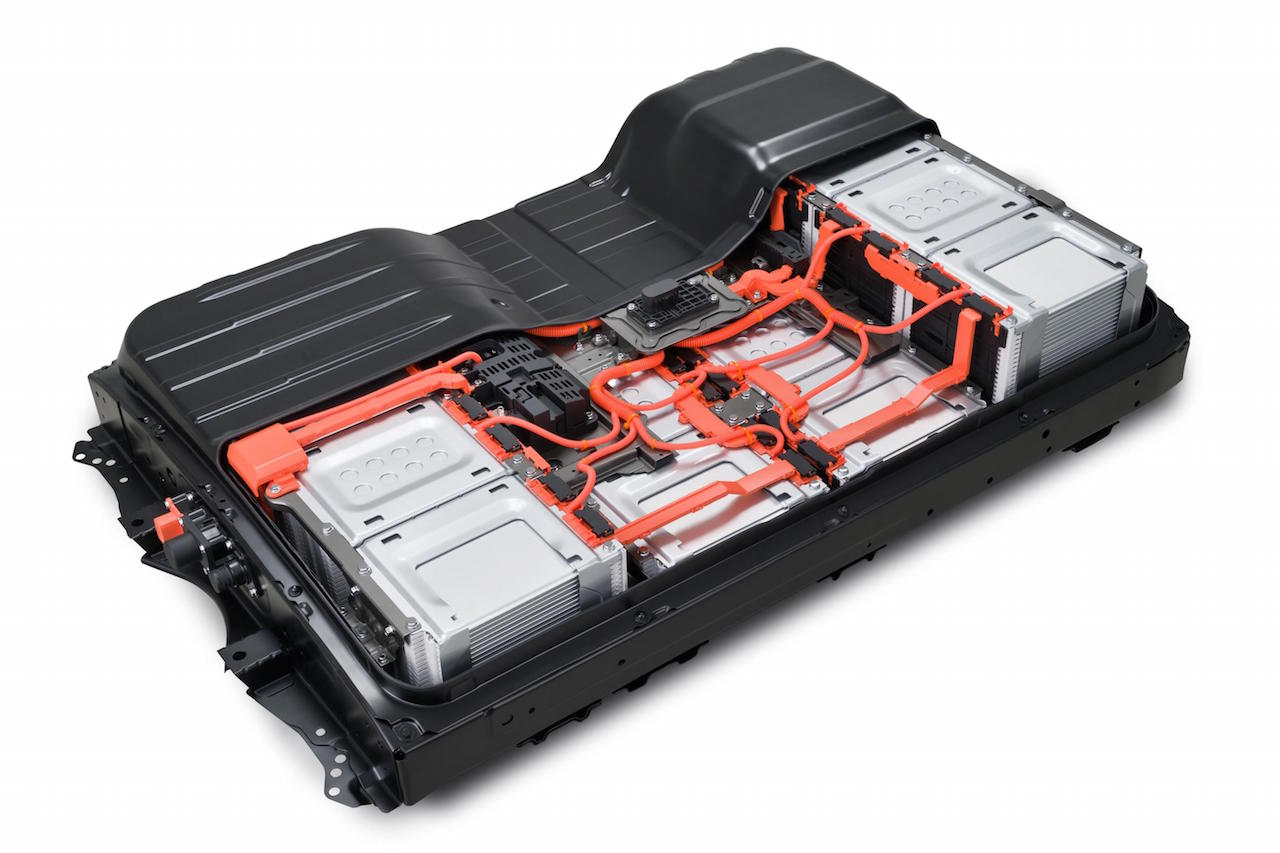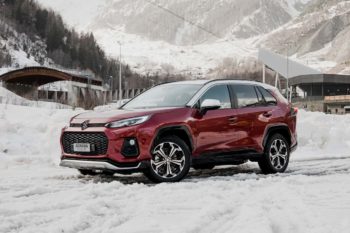Automotive Electronics Power Private Limited (AEPPL), the joint venture Suzuki Motor Corporation, Toshiba Corporation and Denso Corporation is likely to start production of hybrid car batteries in a few months. Mint had reported this year that the first phase of production was expected to start in late-2020, but then the pandemic created logistical and operational hurdles.
In August, The Economic Times reported that AEPPL was trying to achieve commissioning early and that production would start by end of March 2021.
Phase 1 of the battery manufacturing plant is built at Rs.1,214 crore, Mint had reported. With a production capacity of more than 1GWh, the plant with equity stake split between Suzuki with 50%, Toshiba 40% and Denso 10%, is targeting to locally manufacture 30 million lithium-ion cells per year by 2025.
While Mint said that the three companies would jointly invest Rs.3,715 crore in the second phase of their battery venture in Gujarat’s Hansalpur, Economic Times said in August that the plan was put on hold due the lack of a well-defined EV policy. Spread over 2021-25, the investment was to be a part of the Rs.5,000 crore corpus that Suzuki announced in October 2019 to build India’s first lithium-ion battery manufacturing plant for hybrids and EVs.
Being India’s first Lithium-ion battery manufacturing plant will combine Suzuki’s expertise, Toshiba’s cell technology and Denso’s module technology. The JV to develop and manufacture lithium-ion batteries for automotive applications was announced in April 2017 and the foundation was laid down in September 2017 by Prime Minister Narendra Modi and his then Japanese counterpart Shinzo Abe.
While Phase 1 will get one assembly line, AEPPL was to reportedly make four more assembly lines for the battery plant under phase 2. It was said that the second standard operating procedure (SOP) is tentatively planned for 2021-22 and the joint venture is planning SOPs for additional lines during the four-year period. While the project is estimated to provide employment to about 1,000 people by 2025, it looks like the company will proceed with the investments for the second phase only if favourable government policies on EVs are made and demand for electrified vehicles sees a drastic improvement.
With Suzuki leading the charge in the battery manufacturing for hybrid car batteries, Tata Motors has partnered with group companies to soon create its own battery supply and technology. Tata Motors will work with Tata Chemicals Ltd, Tata AutoComp Systems Pvt. Ltd, Tata Power Ltd and Tata Consultancy Services Ltd to develop its own lithium-ion technology and the ecosystem for battery electric vehicles.
Expect to see the locally-manufactured Li-Ion batteries from AEPPL power a host of hybrid cars Maruti (and Toyota) will launch in the coming years before it appears on pure electric vehicles.
MSIL has delayed the launch of Maruti Wagon R EV to 2021 and reasons include poor support infrastructure, COVID impact on the shared mobility segment and the high cost of batteries. It however is confident of putting 1 million ‘green’ vehicles on the road in the next couple of years and would have varying degrees of electrification on its cars to satisfy upcoming CAFE II and RDE regulations.

![Next-gen 2022 Suzuki Swift with mild-hybrid arriving next year – Report [Update]](https://electricvehicleweb.com/wp-content/uploads/2021/02/Next-gen-Suzuki-Swift-2022-rendering-350x220.jpg)

![EV specialist develops Maruti Dzire Electric with 250 km range [Video]](https://electricvehicleweb.com/wp-content/uploads/2021/01/Maruti-Dzire-EV-Electric-charging-350x263.jpg)